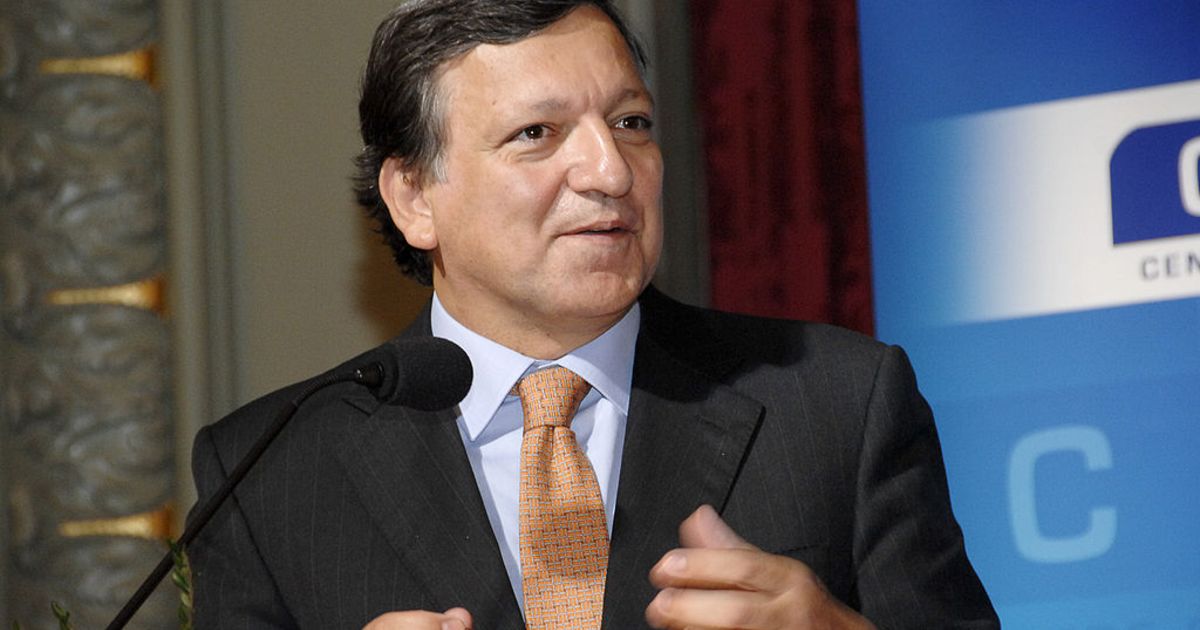
Reply of the President of the European Commission to FUEN
27.08.2014Press Release
Reply of the President of the European Commission to FUEN
The European Commission sent a reply to the resolution on the right of the Turkish Minority of Western Thrace elect its religious leaders, which was adopted on FUEN 59th Congress
The President of the European Commission Jose Manuel Barroso sent a reply to Federal Union of European Nationalities (FUEN)’s resolution and letter that was sent to all relevant institutions regarding the right of the Turkish Minority of Western Thrace to elect its religious leaders, which was adopted at FUEN’s 59th Congress in May 2014.
On behalf of the President of the European Commission, the Directorate General for Justice sent a reply to the resolution, which was submitted by Federation of Western Thrace Turks in Europe (ABTTF), Western Thrace Minority University Graduates Association (WTMUGA) and Friendship, Equality, Peace Party (FEP) Party and adopted by majority of votes at FUEN Assembly of Delegates held on 10 May 2014 during FUEN 2014 Congress in Flensburg. In its reply sent on August 25, 2014, the Commission recalled the Commission’s commitment as regards the respect for fundamental rights in general and the respect of the rights of persons belonging to minorities in particular. The Commission noted that the respect for the rights of persons belonging to minorities constitutes one of the founding values of the European Union, and is a principle explicitly mentioned in Article 2 of the Treaty on European Union. Furthermore the Commission underlined that Article 21 of the EU Charter of Fundamental Rights prohibits discrimination based on membership of a national minority and provides fort he respect by the Union of cultural, religious and linguistic diversity.
The Commission stressed that freedom of religion, along with freedom of thought and conscience, constitutes one of the essential foundations of democratic societies, enshrined in Article 10 of the EU Charter of Fundamental Rights and Article 9 of the European Convention on Human Rights. Furthermore, the Commission noted that EU legislation and financing programmes contribute to address certain difficulties which are likely to affect persons belonging to minorities, such as discrimination and incitement to violence or hatred based on religious, race or national ethnic origin.
EU Commission: The respect for the rights of persons belonging to minorities constitutes one of the founding values of the European Union but the Commission has no competence regarding collective rights of any minority
The Commission expresses that the EU has no general powers as regards minorities and there is no reference to collective rights of any minority or the term minorities in its meaning as a shortcut for national minorities. The Commission therefore notes that it has no competence over questions like the definition and recognition of national minorities, their self-determination and autonomy or the use of regional or minority languages. The Commission claims that those questions fall under the responsibility of the Member States. The Commission further underlines that the provisions of the Charter are addressed to the institutions, bodies, offices and agencies of the Union and to the Member States only when they are implementing Union law.
The Commission also highlights the fact that Member States must use all legal instruments available to them in order to guarantee that fundamental rights of national minorities living on their territories are effectively protected in accordance with their constitutional order and obligations under international law, including the relevant instruments of the Council of Europe. Furthermore, the Commission underlines that it is up to the Council of Europe to monitor among others the application of the Framework Convention fort he Protection of National Minorities as well as of the European Charter for Regional or Minority Languages by its Member States.
Image: Wikipedia
SAJTÓKÖZLEMÉNYEK
- FUEN calls for the inclusion of the Ladin language at the 2026 Winter Olympic Games
- FUEN Urges UN Special Rapporteur to Advocate for a Coherent EU Minority Protection Framework
- FUEN wishes you a peaceful Christmas season, restful days and a bright, hopeful start to the new year!
- FUEN calls on the EU to act over systematic ethnic-based land confiscations in Slovakia
- Women of Minorities conference in Budapest calls for structural change to ensure equal political participation of minority women
- FUEN President Olivia Schubert at UN Forum on Minority Issues in Geneva
- "Laboratory of Peace": 28th Seminar of Slavic Minorities held in European Capital of Culture Gorica/Gorizia
- Equality in Political Participation and Representation: Third “Women of Minorities” Conference to Be Held in Budapest
- FUEN Working Group on Education discusses challenges and future of minority schooling in Europe
- 28th Seminar of Slavic Minorities in Europe to take place in Gorica/Gorizia, Italy














